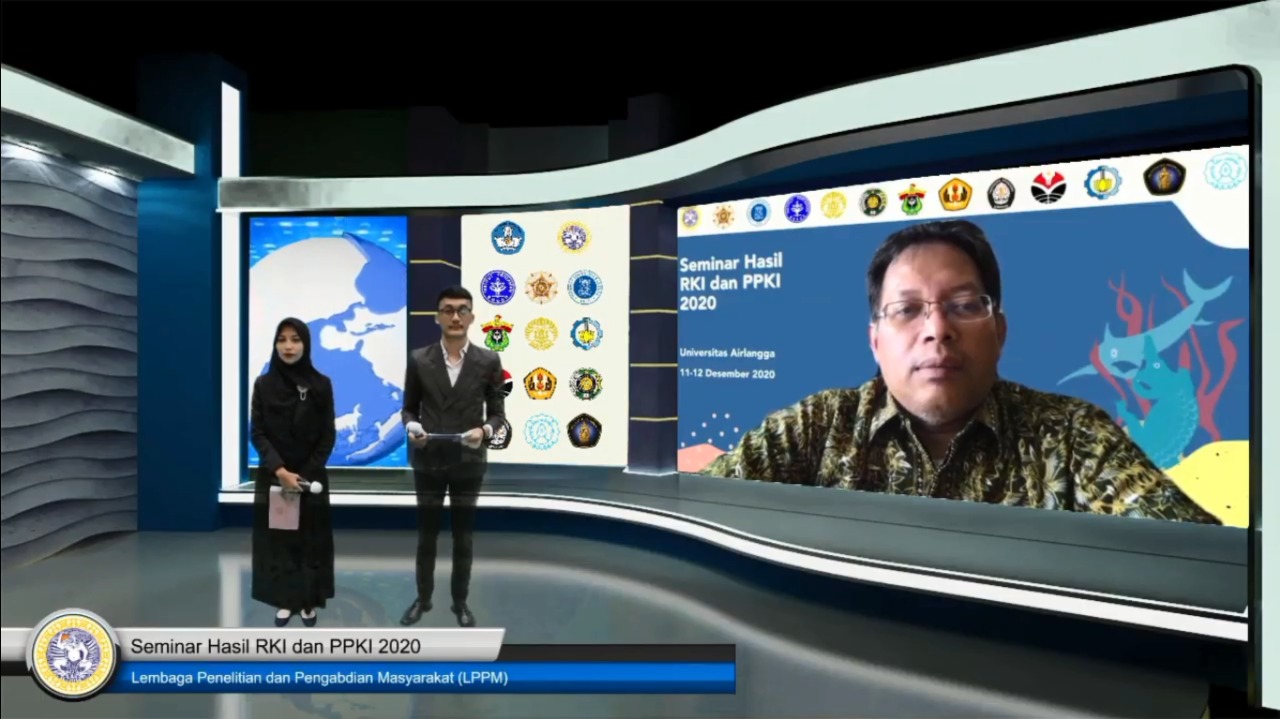UNAIR NEWS – Research is one of the main pillars of a university. Research is also the main indicator determining the quality of a university. For this reason, each university always tries to do various ways to improve the quality and quantity of research.
In order to improve the quality of research, universities are trying to collaborate. It is the main topic of discussion in “Seminar on Indonesian Collaborative Research Results and Indonesian Collaborative Research Program 2020”. Held online on Saturday, December 12, the event which was held for the second time was organized by the Institute for Research and Community Service (LPPM) Universitas Airlangga.
The event was opened directly by UNAIR Rector Prof. Dr. Moh. Nasih. In his remarks, Prof. Nasih said that one of the main visions of higher education is to develop science, including through research. Research development, according to him, is measured by quality and benefit in supporting the progress of the nation and providing benefit to mankind.
“In this matter, UNAIR fully supports efforts to produce useful research,” said Prof. Nasih.
Furthermore, Prof. Nasih also mentioned UNAIR’s steps in developing a SMART University. In his opinion, quality research must be pursued together. Quality research, he continued, cannot be done alone.
“Must be done together and involve many parties. Because the main essence of a quality research is collaboration,” he explained. “I believe that with good collaboration and mutual support, the research produced will be of real quality and its usefulness can be felt,” he continued.
Meanwhile, the Coordinator of State University World Class University Program, Prof. Dr. Suprijadi from Bandung Institute of Technology (ITB), on the same occasion said that in the future new research schemes must be improved. For example, by inviting reputable foreign universities to collaborate and utilizing their expertise.
“For this reason, through the seminars we will carry out, the research discussed and produced can continue and improve with better achievements,” he concluded.
Author: Nuri Hermawan





